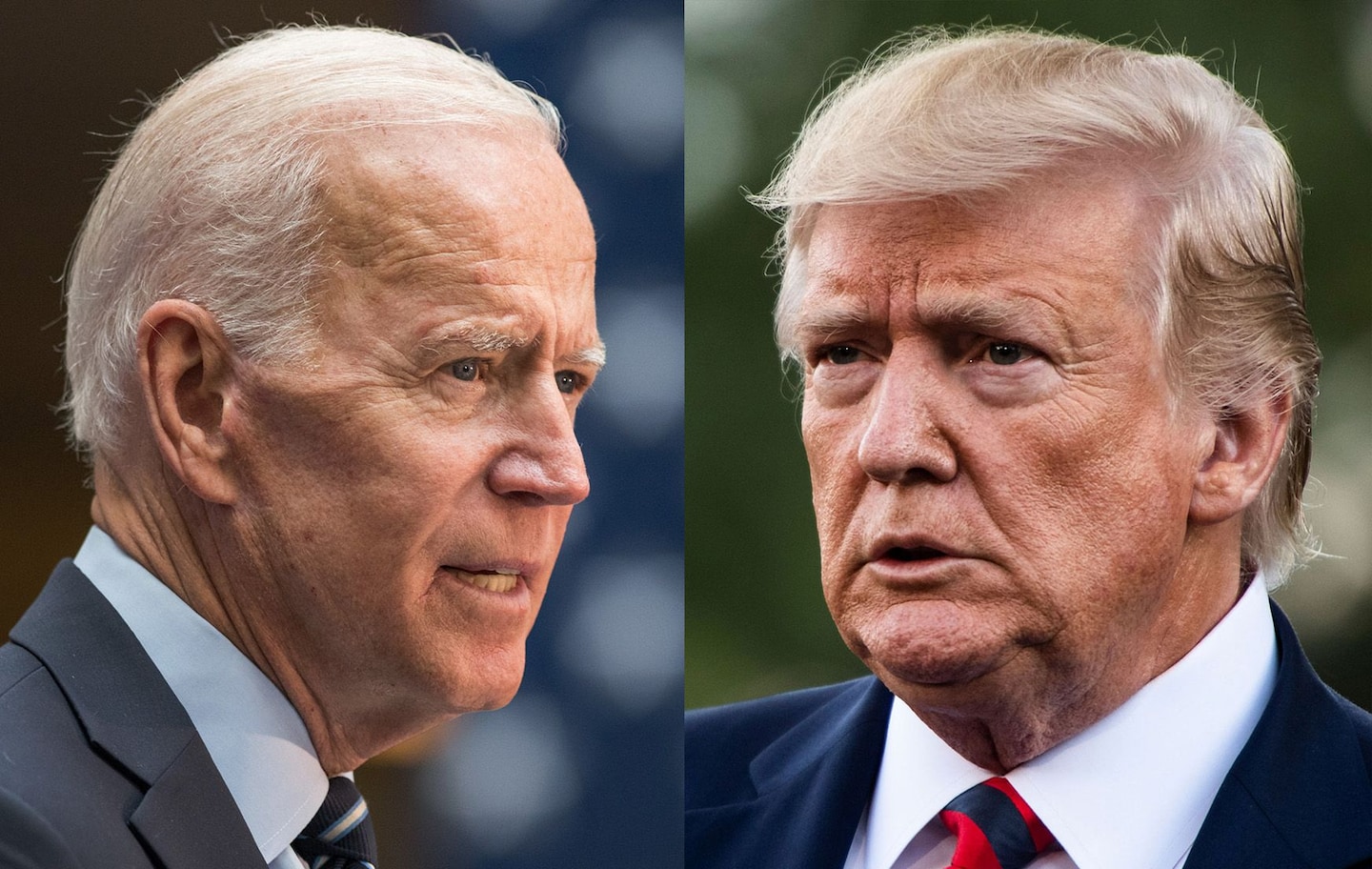Election 2020 live updates: Trump faces pressure over coronavirus response; DNC lineup comes into focus

The closely watched Republican primary for a Senate seat in Tennessee ended Thursday with a clear victory for Bill Hagerty, the president’s former ambassador to Japan. Hagerty and challenger Manny Sethi disagreed little on substance but spent the final stretch of the campaign trading accusations of being too close to liberals, with Sethi winning endorsements from Sen. Ted Cruz of Texas and Sen. Rand Paul of Kentucky, who warned Hagerty would be a go-along senator. But the president had endorsed Hagerty, and that closed off any chance for a Sethi upset.
“President Trump has had my back since before the beginning of all of this,” Hagerty said on election night.
Hegarty won by 12 points, losing narrowly to Sethi in Chattanooga, Knoxville and the greater Nashville area. (Sethi is a surgeon at the city’s Vanderbilt University.) That meant Hegarty lost four of the state’s most populous counties, but he won everywhere else. Minutes later, he learned his opponent would not be James Mackler, a Nashville attorney and Army veteran backed by national Democrats, but Marquita Bradshaw, a Memphis environmental activist backed by the local chapter of Democratic Socialists of America.
“When we entered this race, many warned us that we would not have a place here,” Bradshaw told supporters on election night. “And hard-working Tennesseans said different.”
Mackler’s defeat put an end to one of the winningest records in primary politics: the Democratic Senatorial Campaign Committee’s ability to get its candidates through contested primaries. Mackler, who had run for Senate in 2018 before stepping aside for former governor Phil Bredesen to win that nomination, traveled the state for years and spent $1.5 million on his primary campaign, pitching himself as a post-partisan candidate focused on “accomplishing the mission.”
Although turnout was down only slightly from the midterm primary, in 2018, Mackler never caught fire. He ran third in the statewide vote, third in the Democratic stronghold of Memphis and third in his own Nashville. Democrats turning out for other races voted largely for underfunded or no-name candidates; a perennial candidate named Gary Davis, who did not file an FEC report, won 13 counties. Sixty-one percent of the vote went to Bradshaw or Robin Kimbrough Hayes, another Black, female first-time candidate. Bradshaw, who spent just $8,000 on her campaign, dominated in Memphis, the rest of western Tennessee and in the “tri-cities” of eastern Tennessee.
This isn’t the first time Tennessee’s declining Democrats have nominated a candidate few of their voters knew about, but it could have been worse. In 2012, the party’s voters picked a right-wing attorney named Mark Clayton to challenge Sen. Bob Corker, then spent the entire general election distancing themselves from him. Bradshaw, the party’s first Black statewide nominee in 14 years, won’t have that problem, but Republicans eager to run against “socialism” will face the choice of whether to elevate Bradshaw or, as they have done in other races where the GOP had a financial and polling advantage here, ignore her completely.
The stakes are lower, in part, because few downballot races in Tennessee are competitive. The other Democratic story in Tennessee on Thursday was Rep. Jim Cooper’s closer-than-expected 17-point win in a primary against Keeda Haynes, a public defender who had gone to prison on what she said was a bogus drug charge. It was the first primary for Cooper in the current 5th District, drawn by Republicans to pack Nashville and its western suburbs into one safe blue seat. Although Hillary Clinton won it by 19 points, Cooper, a Blue Dog Democrat, voted to the right of the Democratic conference, creating an opening for a challenge. It’s unclear what Republicans, who will control the 2021 redistricting process, might do to the district.
In the deep red 1st District, a Republican who won by far less than Cooper secured a safe seat in Congress. Pharmacist Diana Harshbarger won just 19 percent of the vote, enough to hold off more than a dozen challengers. Unlike some of its Southern neighbors, Tennessee does not require runoffs, so Harshbarger will expand the number of Republican women in the House, while dealing a blow to the Club for Growth; it backed state Rep. Timothy Hill, who ran blistering culture war ads but ran 2,345 votes behind Harshbarger.
Hawaii held Saturday primaries that were drained of most drama last October, after Rep. Tulsi Gabbard announced she would retire and focus on her presidential bid. That left her challenger, Kaiali’i Kahele, a liberal state legislator, in a commanding position, and he easily won the Democratic nomination in the 2nd District.
Turnout was up slightly from 2018, when Gabbard put away a primary challenger with more than 92,000 votes; Kahele, who had jumped into the race last year to challenge Gabbard, had more than 98,000 votes as of Sunday morning. Carried by 31 points by Hillary Clinton, the district is not competitive in November. In the 1st District, which is less Democratic but not being seriously contested by Republicans this year, the party nominated the 17th candidate nationwide who has expressed some level of support for the QAnon conspiracy theory.
Also totally uncompetitive in November: Texas’s 4th District, where Republicans met Saturday to nominate their successor for former congressman and current Director of National Intelligence John Ratcliffe. They picked state legislator Pat Fallon, who will face Democratic IT professional Russell Foster in a seat the president carried by 54 points.






